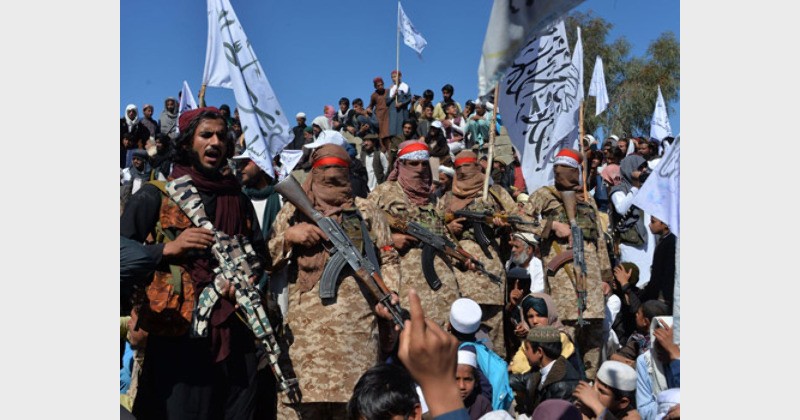Media in Afghanistan suffering someone else’s deeds

More than one year has passed since the watershed development of August 2021 ushered in a new regime in Afghanistan. The transfer of power from a west-supported government to the Taliban saw many changes in the way institutions were working for the past twenty years. Taliban made certain commitments to the international community for making the new regime work in line with new realities of the world. However, the transition has not been without hiccups. The set up of norms and rules is still a work in progress and certain institutions are undergoing a lot of turmoil. This includes mainstream media in Afghanistan which had just started to get on its feet before being shaken by the disruptions of 2021.
A survey conducted by Reporters Without Borders and the Afghan Independent Journalist Association in December 2021 reported closure of more than 200 media outlets; rendering about 6,400 journalists jobless after the regime change. Not accustomed to work within the framework of Taliban regime, several media personalities moved to neighboring or western countries.
Though it remains to be seen what the future holds for popular media in the country, the upheaval has surely distressed it in the short term. While, most of the media is attempting to adapt to the new environment, the turbulent times have come as opportunity for Pakistan. Sharing a long border with Afghanistan along restive tribal areas, Pakistan and its all-pervading army miss no chance to target the new regime. The country is often accused of sponsoring subversive acts using its diplomatic missions in Afghanistan. However, these covert campaigns, specially against the Pashtuns and other tribes have exposed the sinister Pakistan designs for people living on both sides of border.
Drawing flak from all around for fomenting trouble and interfering in the governance of Afghanistan, Islamabad has now resorted to manipulating Afghan media to improve its public image. According to some Afghan journalists, the efforts are part of a well coordinated strategy focused on exploiting the media vacuum in the country to implant favorable coverage of Pakistan. Though common Afghan journalists working on ground are not aware of the full plan, they suspect it to be backed by Pakistani agencies. Afghan journalists facing distress are being roped in for positive coverage about Pakistan and its possible role in rebuilding Afghanistan. Fully funded training courses are being offered to Afghan media persons with a special focus on female journalists. Some local media houses are said to have been contacted with offers of monetary assistance. A few of them facing financial duress are vulnerable to this strategy. Pakistani private media companies are also being encouraged to set up their outlets in Kabul to counter any negative perception about Pakistani government/Army.
Separately, Islamabad is stepping up engagement with local Afghan NGOs/civil society and even using social influencers for promoting its positive soft image. Efforts are being made to rope in some foreign media houses, and western outlets focused on Af-Pak region are being approached for establishing offices in Islamabad for better coordination. It appears that Islamabad is realizing its waning influence with the current Afghan regime and general populace and is keen to utilize every possible tool to remain in the game. However, its intention of gaining a strategic foothold artificially through media may not be effective given the public distrust against it. With the emergence of social media, the public consumption of news and narrative has witnessed a definitive shift over the past few years. Directly guarded by ordinary Afghans against Pakistan manipulations, this remains a difficult citadel for Pakistani money and might!






